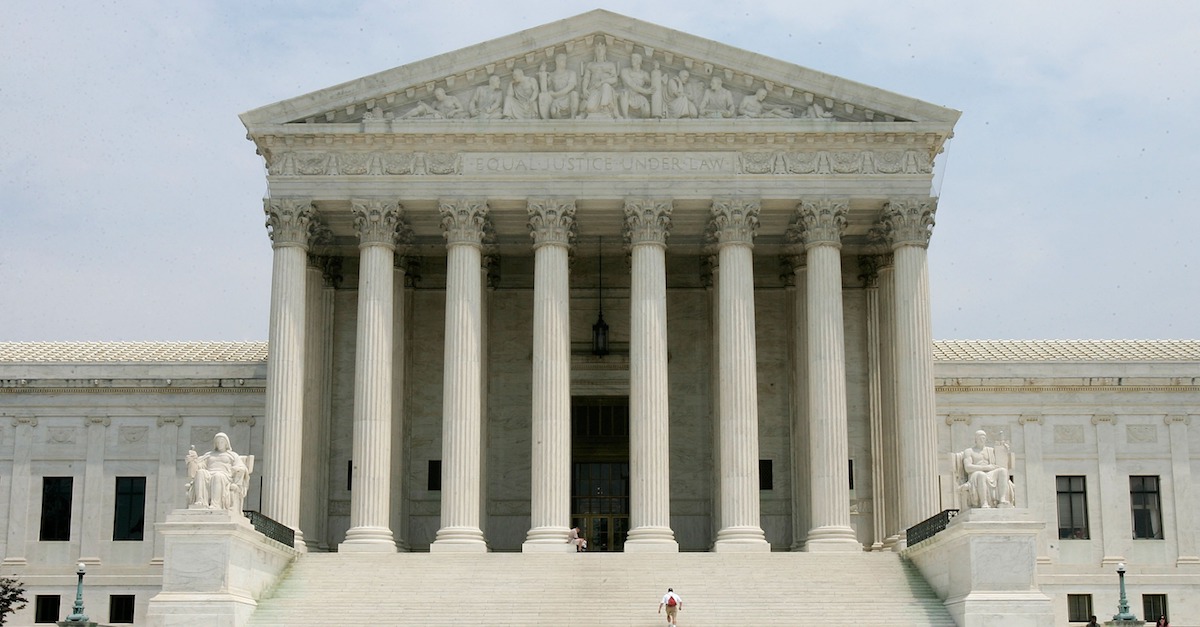
The Supreme Court sided with hospitals on Monday, ending a prolonged legal battle over an administrative policy change to Medicare reimbursement payments. Justice Neil Gorsuch wrote the court’s majority opinion, while Justice Stephen Breyer was the court’s lone dissenter.
In a 7-1 decision, the court affirmed a 2017 ruling by the U.S. Circuit Court of Appeals for the First Circuit, which held that the Department of Health and Human Services’ (HHS) violated the Medicare Act by failing to go through the proper rule-changing procedures, and changing the formula used to calculate reimbursement payments to some hospitals. According to the court, proper procedure for such a rule change would have allowed for a public notice-and-comment period prior to any changes being enacted.
In 2014, a number of affected hospitals sued then-President Barack Obama‘s HHS over the policy, which created a new reimbursement formula that reduced hospitals’ payments from the Centers for Medicare and Medicaid Services (CMS) for serving low-income patients. The policy was originally enacted by the Obama Administration and later defended by the Trump Administration.
HHS argued that rejection of the rule threatened to “undermine HHS’ ability to administer the Medicare program in a workable manner.” According to HHS, the highly technical ruling implicates up to $4 billion in reimbursement payments to hospitals.
“In 2014, the government revealed a new policy on its website that dramatically—and retroactively—reduced payments to hospitals serving low-income patients,” Gorsuch wrote for the majority. “Because affected members of the public received no advance warning and no chance to comment first, and because the government has not identified a lawful excuse for neglecting its statutory notice-and-comment obligations, we agree with the court of appeals that the new policy cannot stand.”
In his dissent, Justice Breyer claimed that the administration’s actions did not warrant going through the full notice-and-comment process. Breyer agreed with the government’s argument that the rule at issue was an interpretive rule (which does not require notice and comment) as opposed to a substantive rule (which does).
Nicholas Bagley, a law professor at the University of Michigan, warned about the possible repercussions of Monday’s decision.
“Bear in mind that CMS is a tiny, beleaguered agency, as I explained in a 2013 all about Medicare’s administration,” Bagley wrote. “To further encumber it will make Medicare more capricious, not less, as staffers tend to senseless procedures instead of doing their jobs.”
Justice Brett Kavanaugh abstained from the case, as he was part of the D.C. panel that overturned the rule in 2017.
[image via Alex Wong/Getty Images]
Have a tip we should know? [email protected]